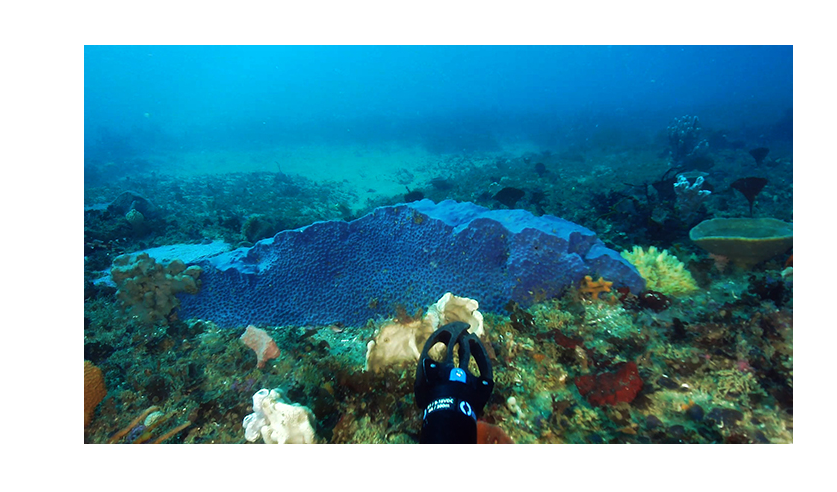A new study by the University of Wollongong and DPI Fisheries Research has reviewed the scientific literature on the impacts of anchor and chain drag on seabed habitats and marine life by vessels – both large and small.
All 41 studies that the authors reviewed reported problems caused by anchor and chain drag to seabed habitats, including seagrasses, kelp, coral and sponges. However, the review also identified options to reduce these impacts including:
- creating designated anchoring and mooring areas away from sensitive habitats
- modifying mooring designs, for example using environmentally friendly moorings
- modifying anchors, for example including an ‘activation sleeve’ that reverses the retrieval angle
- eliminating the need for anchoring, for example by modifying queuing systems for large vessels
Another key finding was that most research had focused on recreational boating impacts in shallow waters, with no studies examining the effect of large bulk carrier and cargo ships anchoring on deep seafloor habitats. This confirms the findings of the NSW Statewide Threat and Risk Assessment, which identified this gap in scientific knowledge.
To fill this knowledge gap, the project will now begin assessing the effects of anchoring by large ships off Wollongong on seafloor habitats (e.g. kelp and sponges) using remote underwater video sampling techniques. The design of these surveys has been based on detailed seafloor mapping by NSW DPE Environment, Energy and Science. The research will also help determine if the biodiversity of deep reefs and fisheries productivity is affected by anchoring.
This collaborative research project has been supported by the University of Wollongong's Centre for Sustainable Ecosystem Solutions (CSES), the Global Challenges Program, the Ian Potter Foundation, the Max Day Environmental Science Fellowship Award, the Paddy Pallin Research Grant, an Australian Postgraduate Research Scholarship, NSW DPE Environment, Energy and Science, DPI Fisheries, and the NSW Government’s Marine Estate Management Strategy.
Read more marine estate news.
